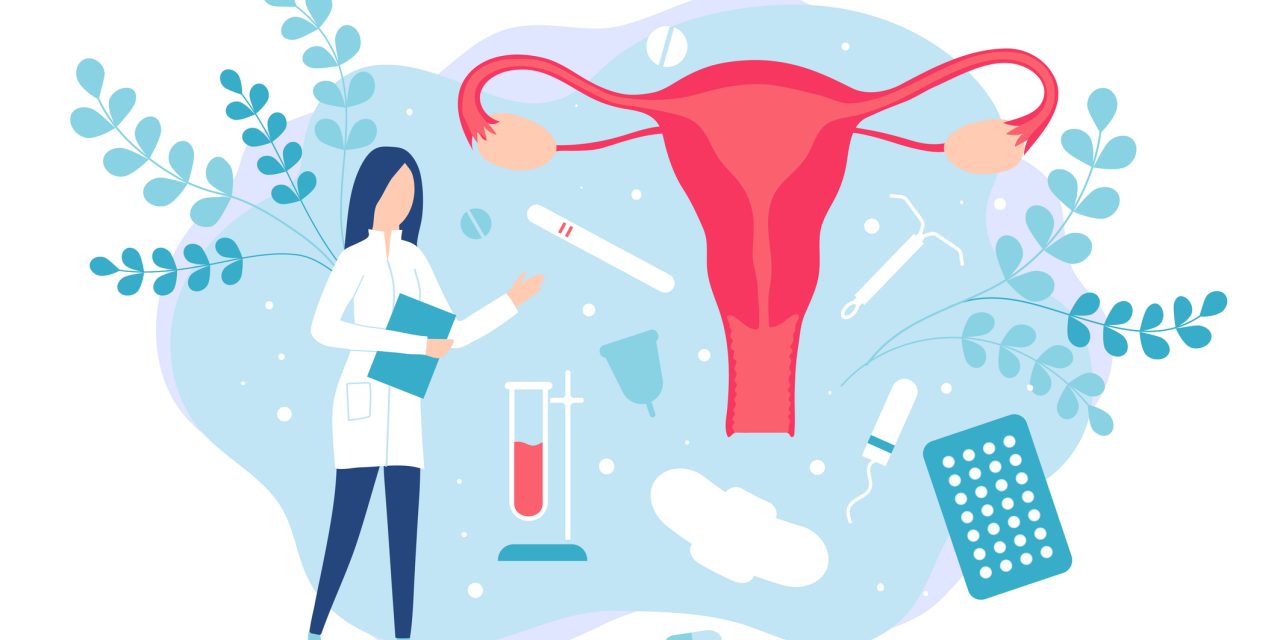To determine if the male responders with post-prostatectomy incontinence in the ADRESU study, which is a clinical trial of regenerative therapy by periurethral injection of adipose-derived regenerative cells, are influenced by any background characteristics.
Briefly, autologous adipose-derived regenerative cells isolated from abdominal adipose tissue and a mixture of adipose-derived regenerative cells with fat tissue were transurethrally injected into the rhabdosphincter and submucosal space of the urethra, respectively. Sixteen out of 43 patients (37.2%) responded to treatment (responders) and exhibited improvement in the urine leakage volume, defined as >50% reduction from baseline determined by the 24-hour pad test at 52 weeks of treatment (or last visit within 52 weeks). Background data such as age, body weight, method of prostatectomy, baseline frequency of leaks, number of leaks, number of pad changes, International Consultation on Incontinence Questionnaire-Short Form, King’s Health Questionnaire, urodynamic urethral function including functional profile length and maximum urethral closure pressure, and abdominal leak point pressure were collected and compared between responders and nonresponders.
None of the background factors influenced improvement in the responders as compared with the nonresponders. However, a significant between-group difference in the rates of decrease in urine leakage volume was noted in patients of younger age (<70 years), compared with those of older age (≥70 years) from 2 to 26 weeks of treatment.
A greater decrease in urine leakage volume was noted in the younger patient group than in the older patient group.
© 2022 John Wiley & Sons Australia, Ltd.
Influence of background characteristics in responders of regenerative therapy by periurethral injection of adipose-derived regenerative cells for male stress urinary incontinence.


